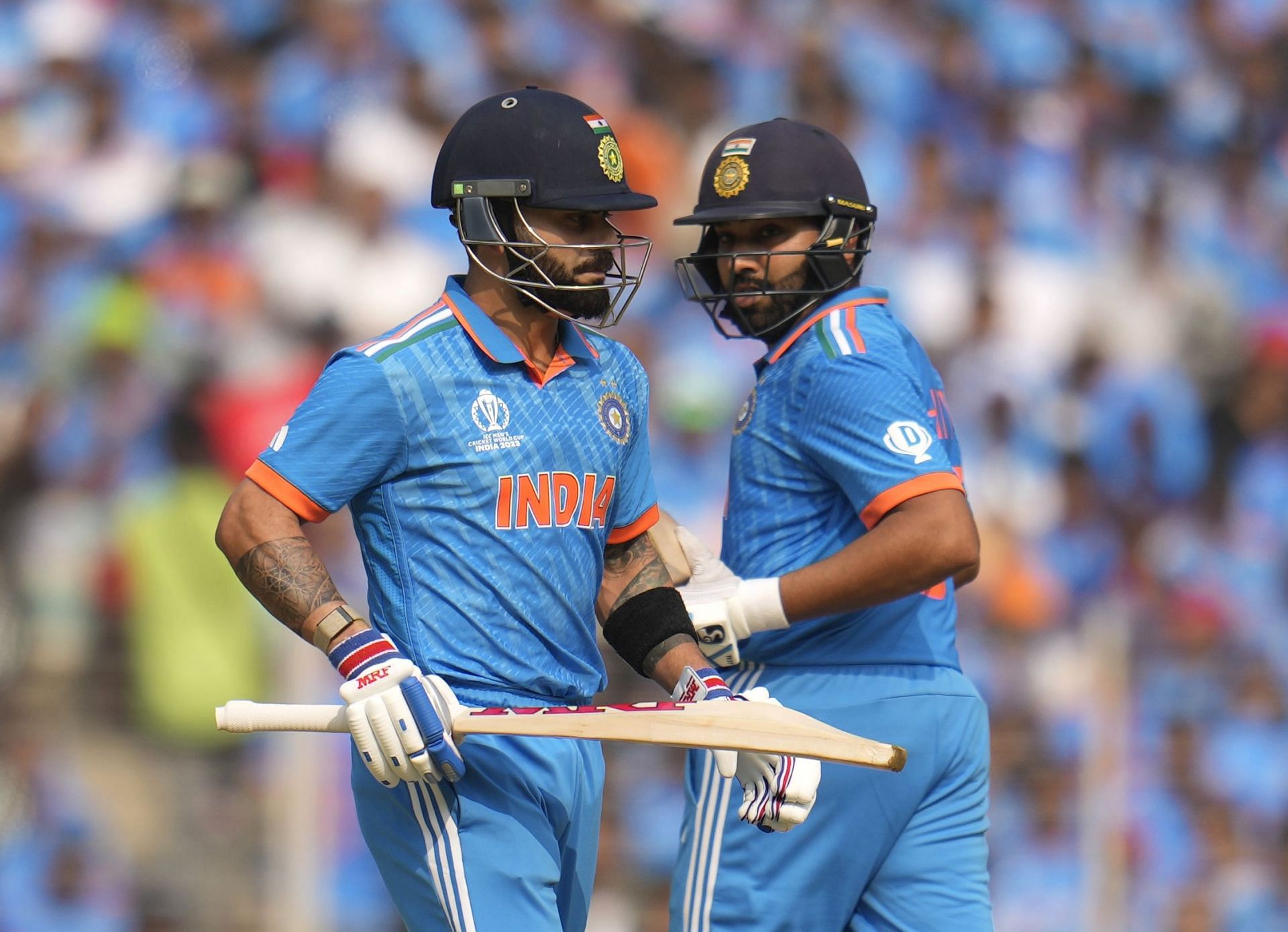For nearly two decades, the names Rohit Sharma and Virat Kohli have been synonymous with Indian cricket`s formidable presence on the global stage. Their bat wizardry and leadership defined an era, earning them a seemingly unshakeable status. However, recent developments from the national selection committee suggest that even the most steadfast eras eventually yield to the inexorable march of time and strategic foresight, prompting a significant re-evaluation of their roles in the One Day International (ODI) format.
The Unveiling of a New Strategy
The latest meeting of the national selection committee, convened to finalize the ODI squad for the upcoming series in Australia, brought to light a clear shift in philosophy. While both Sharma and Kohli have been included in the current squad, the discussion surrounding their long-term future lacked the customary unequivocal endorsement. The silence from the chief selector, Ajit Agarkar, on their path towards the 2027 World Cup was, in itself, a definitive statement: their roles are no longer guaranteed, nor are they insulated from the rigorous scrutiny applied to every other player.
Age: A Decisive Numerical Factor
The primary driver behind this strategic pivot is a universally acknowledged, yet often delicately avoided, variable: age. At 36, Virat Kohli would be approaching 39 by the time the 2027 World Cup commences. Rohit Sharma, currently 38, would be celebrating his 40th birthday. While age is often just a number in sports, in the high-stakes, physically demanding world of international cricket, it frequently becomes a weighty numeral on the balance sheet of selection. The committee has evidently factored this into its long-term planning, acknowledging that the energy and endurance required for a multi-year World Cup cycle are best sourced from a younger core.
Shubman Gill: The Anointed Successor
In stark contrast to the veiled uncertainty surrounding the veterans, the path for Shubman Gill has been illuminated with striking clarity. His elevation to the ODI captaincy is not merely a tactical change but a strategic commitment, made with the 2027 World Cup firmly in view. Gill’s invitation to the virtual selection meeting – a courtesy extended only to those earmarked for significant leadership roles – underscores the Board`s faith in his ability to lead the side in South Africa, Zimbabwe, and Namibia. This move also signals the selectors` desire to streamline leadership, moving away from a multi-captain structure across formats.
The New Mandate: Domestic Cricket and Unrelenting Performance
For Rohit Sharma and Virat Kohli, the road ahead to extending their ODI careers now comes with explicit conditions. The unspoken privileges that once accompanied their legendary status appear to have been rescinded. The selectors have made it unequivocally clear: consistent performance and, perhaps more surprisingly, participation in domestic cricket are now non-negotiable. “Whenever the guys are available, they should be playing domestic cricket. That`s the only way you`ll keep yourself sharp and play cricket,” stated the chief selector. This directive is particularly pertinent given Kohli`s last appearance in the Vijay Hazare Trophy was in 2013, and Sharma`s in 2018. The expectation, it seems, is for two of cricket`s most decorated names to re-engage with the foundational elements of the game, proving their continued sharpness outside of the international spotlight.
Furthermore, the expectation of scoring runs remains paramount. “I mean, what they`ve been doing for years, trying to score runs. I don`t think that changes,” Agarkar added. While acknowledging their prolific past, the message is clear: previous achievements, however monumental, do not guarantee future selection. It`s a pragmatic, if somewhat unromantic, approach to team building.
The Future: A Calculated Transition
This transition, while perhaps unsettling for a fanbase accustomed to the consistent brilliance of their idols, is a calculated maneuver aimed at ensuring India`s sustained competitiveness on the global stage. With only a limited number of ODIs scheduled before the 2027 tournament, the opportunity to integrate new talent and solidify a fresh leadership structure is pressing. The current decisions reflect a long-term vision, prioritizing future success over immediate emotional sentiment.
Indian cricket stands at a fascinating crossroads, embarking on a bold journey of renewal while acknowledging the immense contributions of its outgoing titans. The era defined by the undisputed indispensability of Rohit Sharma and Virat Kohli in ODIs is drawing to a close, paving the way for a new generation led by Shubman Gill. It is a testament to the perpetual evolution of sport, where even legends must eventually make room for the next chapter.

